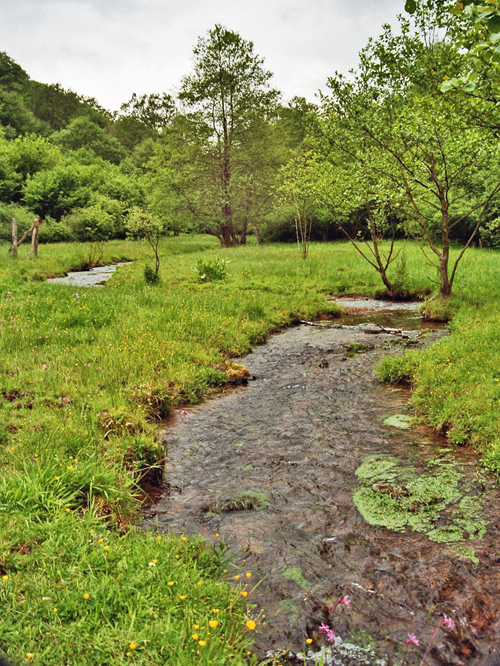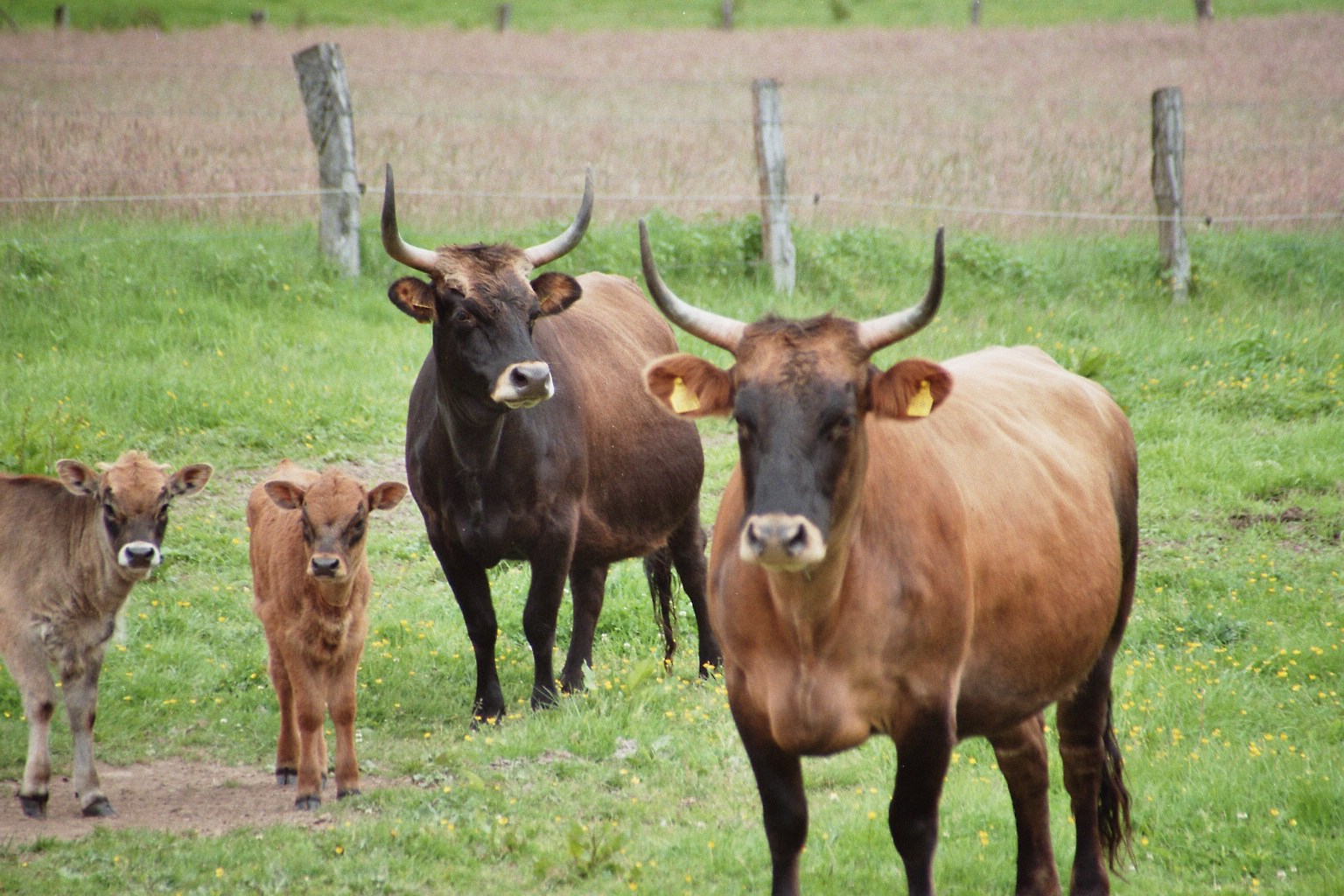Case Study
Grazing as an cooperative instrument of nature protection in the Nature Park Solling-Vogler
Contact name
Jörg Liesen
Institution name
Verband Deutscher Naturparke (Association of German Nature Parks)
Region & country
Germany
Summary
The Solling-Vogler Nature Park fulfills classical nature conservation and landscape management tasks with its grazing projects, among other things to achieve the protection goals of Natura 2000 area(s). At the same time it provides advice for farmers, has established a pasture cooperative, supports the marketing of regional products through the brand “Echt. Solling-Vogler Region im Weserbergland” („Real. Solling-Vogler Region in the Weserbergland“) and offers information about the projects for people seeking recreation as well as for children and young people.

Grazing as an cooperative instrument
Jörg Liesen

Grazing as an cooperative instrument
Jörg Liesen
Background of the project
There was a lack of protagonists to ensure the maintenance of open land habitats and forest habitats in the Solling-Vogler Nature Park that are valuable from a nature conservation perspective (large Natura 2000 areas and nature reserves, which are mainly characterized by forest areas of great importance for nature conservation and valuable grasslands rich in rare plant and animal species). The grassland areas, which are dependent on permanent management, were the main focus of the project.
Intensification of cooperation between stakeholders from agriculture and forestry, nature conservation authorities and the respective districts as well as the nature conservation associations. Conservation and development of valuable habitats in protected areas. Improvement of the population situation for target species of nature conservation Consulting and support of agri-environmental measures, qualification of farmers. Strengthening of nature conservation-oriented agricultural enterprises.
Solution and actions taken
The project office “Cooperative Nature Conservation” of the Solling-Vogler Nature Park will intensify the existing trustful cooperation between the stakeholders in different subprojects on the basis of cooperation agreements and thus preserve and develop the valuable species and habitats. In this context, the nature conservation-oriented management by agricultural enterprises (especially wandering shepherds and mother cow farmers) plays a decisive role.
• Securing and linking of isolated open land biotopes by migratory sheep herds/ development of drift paths
• Preservation of Marsh fritillary (Euphydryas aurinia)/ expansion of its distribution area
• Species protection measures for the lady’s slipper orchid (Cypripedium calceolus)
• Reduction of nitrogen input in grassland
• Creation of concepts for keeping open brook valleys
• Conservation and development of species-rich grassland
• Nature conservation consulting and qualification of farmers
Other institutions or parties involved
• Nature conservation authorities
• Nature conservation associations
• Forest offices
• Nature Park
• Numerous agricultural enterprises
Results
• Land exchange was fascilitated
• Conservation and maintenance of open land in Natura 2000 areas are now possible
• Pasture cooperative for marketing was founded
Challenges
• lack of grazing
• lack of access to the areas, abandoned paths, no possibility of drifting
• Convincing farmers to cultivate and exchange land
• Lack of marketing of grazing animal products
Lessons learned
• Increased trust between the participating institutions due to many years of cooperation
• Collaboration takes place without competition and at eye level
• financial framework conditions for project implementation are necessary
• the foundation of a pasture cooperative was important
Contact name
Jörg Liesen
Institution name
Verband Deutscher Naturparke (Association of German Nature Parks)